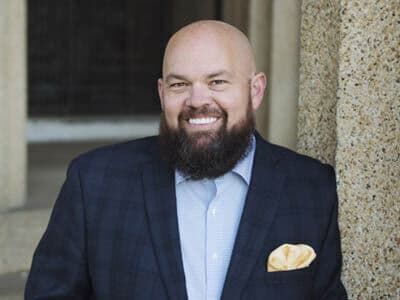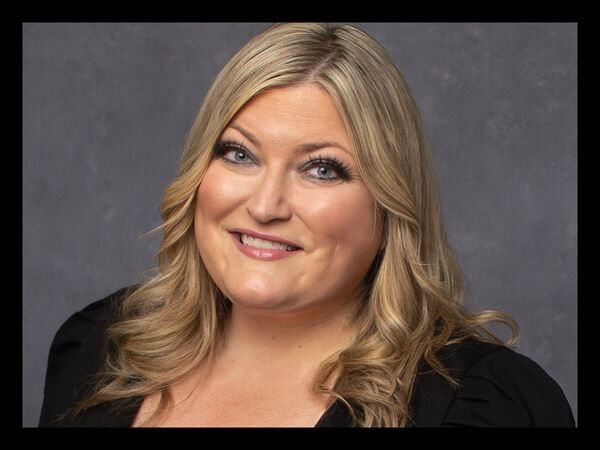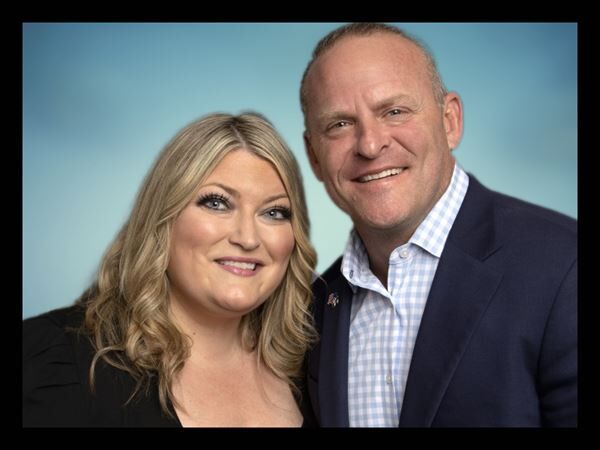New York judge tosses terrorism charges against Luigi Mangione, lets murder count stand
News > National News

Audio By Carbonatix
9:00 PM on Monday, September 15
By MICHAEL R. SISAK and DAVE COLLINS
NEW YORK (AP) — A New York judge on Tuesday threw out terrorism charges against Luigi Mangione, rejecting the Manhattan district attorney’s theory in a state murder case that the killing of UnitedHealthcare CEO Brian Thompson was “intended to evoke terror.”
Judge Gregory Carro kept other charges in place, including a second-degree murder count that requires prosecutors to prove Mangione intended to kill Thompson but not that he was doing so as an act of terrorism.
The ruling eliminated the top two charges in Mangione’s state case, sparing him the possibility of a mandatory life sentence without the possibility of parole. The 27-year-old Ivy League graduate is also facing a parallel federal death penalty prosecution. Carro said the defense’s argument that the dueling prosecutors amounted to double jeopardy was premature.
Mangione, a cause célèbre for people upset with the health insurance industry, appeared in good spirits and raised his eyebrows at supporters as police officers led him out of the brief hearing after Carro issued his ruling.
In a written decision, the judge said that although there isn't any doubt that Thompson’s killing last December was no ordinary street crime, state law in New York doesn’t consider something terrorism simply because it was motivated by ideology.
“While the defendant was clearly expressing an animus toward UHC, and the health care industry generally, it does not follow that his goal was to ‘intimidate and coerce a civilian population,’ and indeed, there was no evidence presented of such a goal,” Carro wrote.
The judge also said there was insufficient evidence that Mangione intended to influence or affect government policy by intimidation or coercion — another element of the terrorism charges. He noted that federal prosecutors hadn't charged Mangione with terrorism offenses even though the federal terrorism statute was a model for the state law.
But in keeping the second-degree murder charge, Carro ruled there was sufficient evidence that Mangione “murdered Brian Thompson in a premeditated and calculated execution.” That charge carries a potential penalty of 15 years to life in prison, with the possibility of parole.
Afterward, Mangione lawyer Marc Agnifilo told TMZ: “It's a big win and it's the first of many.”
Manhattan District Attorney Alvin Bragg's office issued a brief statement, saying, “We respect the Court’s decision and will proceed on the remaining nine counts."
Carro scheduled pretrial hearings in the state case for Dec. 1, just days before Mangione is next due in court in his federal case.
Mangione, who has been locked up since his arrest, arrived in court in beige jail garb, handcuffs and ankle shackles. Making his first appearance in Carro’s courtroom since February, he was mostly silent, quietly conferring with his lawyers as the judge outlined his decision.
Echoing the scene at his last hearing, a few dozen supporters — mostly women — packed three rows in the rear of the courtroom gallery. Some were dressed in green, the color worn by the Mario Bros. video game character Luigi. One woman sported a “FREE LUIGI” T-shirt. Across the street from the courthouse, cheers erupted from a pro-Mangione rally as news spread that the judge had dismissed his terrorism charges.
Mangione pleaded not guilty late last year to multiple counts of murder, including murder as an act of terrorism. Surveillance video showed a masked gunman shoot Thompson from behind on Dec. 4, 2024, as the executive arrived at a midtown Manhattan hotel for his company’s annual investor conference. Police say the words “delay,” “deny” and “depose” were scrawled on the ammunition, mimicking a phrase commonly used to describe how insurers avoid paying claims.
Mangione was arrested five days later in Altoona, Pennsylvania, about 230 miles (370 kilometers) west of New York City.
Mangione’s lawyers have argued that the simultaneous state and federal prosecutions violate double jeopardy protections meant to prevent people from being tried multiple times for the same crime. But Carro rejected that argument, saying it would be premature to make such a determination because neither case has gone to trial.
Bragg's office contended that there are no double jeopardy issues, in part because the state and federal prosecutions involve different legal theories. The federal charges allege that Mangione stalked Thompson and do not involve terrorism allegations.
Mangione’s lawyers said the two cases have created a “legal quagmire” that makes it “legally and logistically impossible to defend against them simultaneously.”
U.S. Attorney General Pam Bondi in April said she was directing federal prosecutors to seek the death penalty against Mangione for “an act of political violence” and a “premeditated, cold-blooded assassination that shocked America.”
Bragg's office quoted extensively from Mangione’s handwritten diary as they sought to uphold the terrorism charges. In a June court filing, they highlighted his desire to kill an insurance honcho and his praise for the late Theodore Kaczynski, the convicted murderer known as the “Unabomber."
In the writings, prosecutors said, Mangione mused about rebelling against “the deadly, greed fueled health insurance cartel” and said killing an industry executive “conveys a greedy bastard that had it coming." They also cited a confession they say he penned “To the feds,” in which he wrote “it had to be done.”
Mangione’s “intentions were obvious from his acts, but his writings serve to make those intentions explicit,” prosecutors said. The writings, which they sometimes described as a manifesto, “convey one clear message: that the murder of Brian Thompson was intended to bring about revolutionary change to the healthcare industry.”
Carro noted in his ruling that terrorism “has been famously difficult to define.” He knocked prosecutors for emphasizing Mangione’s use of the phrase “revolutionary anarchism” in their attempt to bolster their claim that he intended to influence government by intimidation or coercion.
“Not only does this stretch the import of a two-word phrase beyond what it can carry, but it ignores other, more explicit excerpts from defendant’s writings in which he states that his goal is to spread a ‘message’ and ‘win public support’ about ‘everything wrong with our health system,’” the judge wrote.
___
Collins reported from Hartford, Connecticut.







